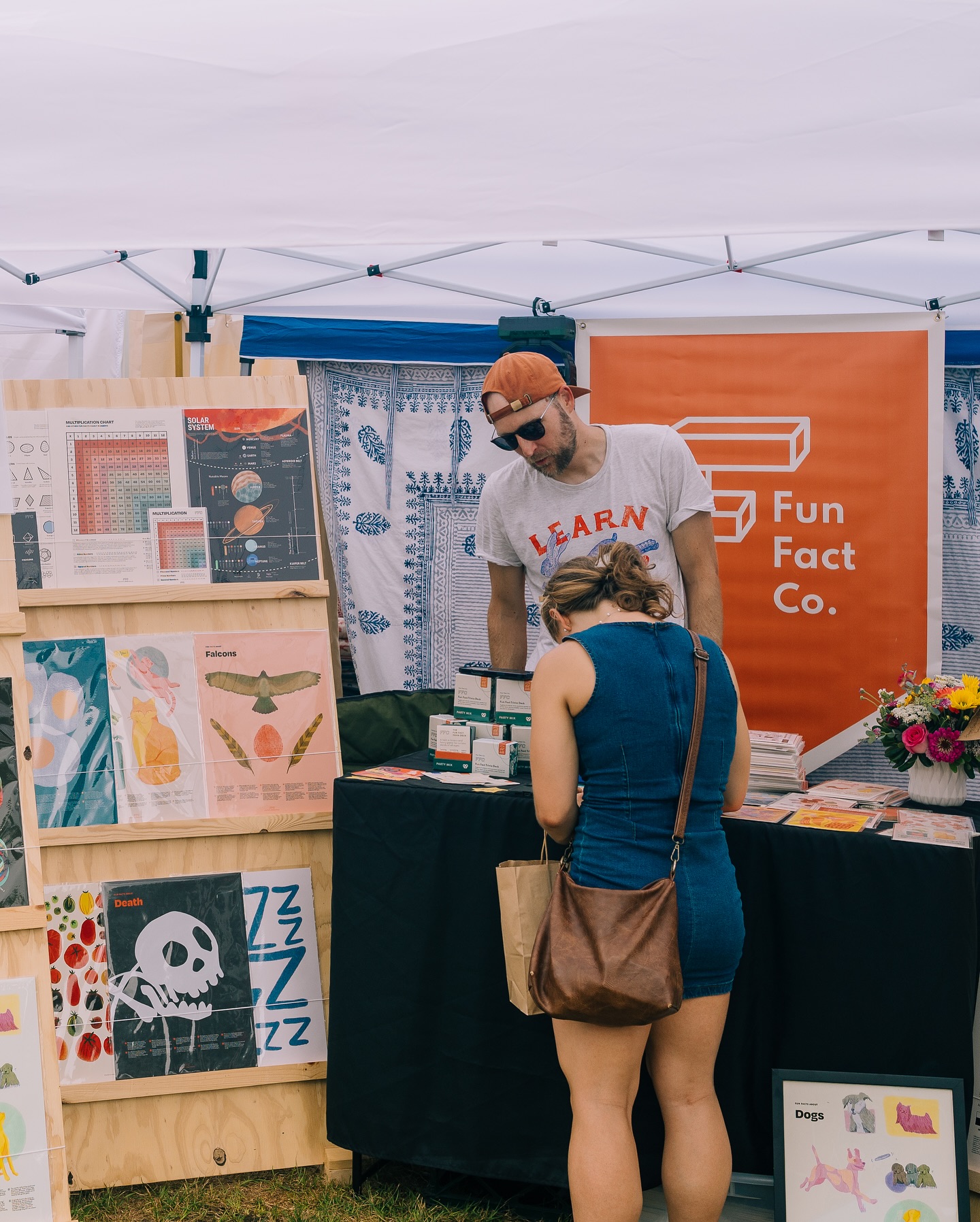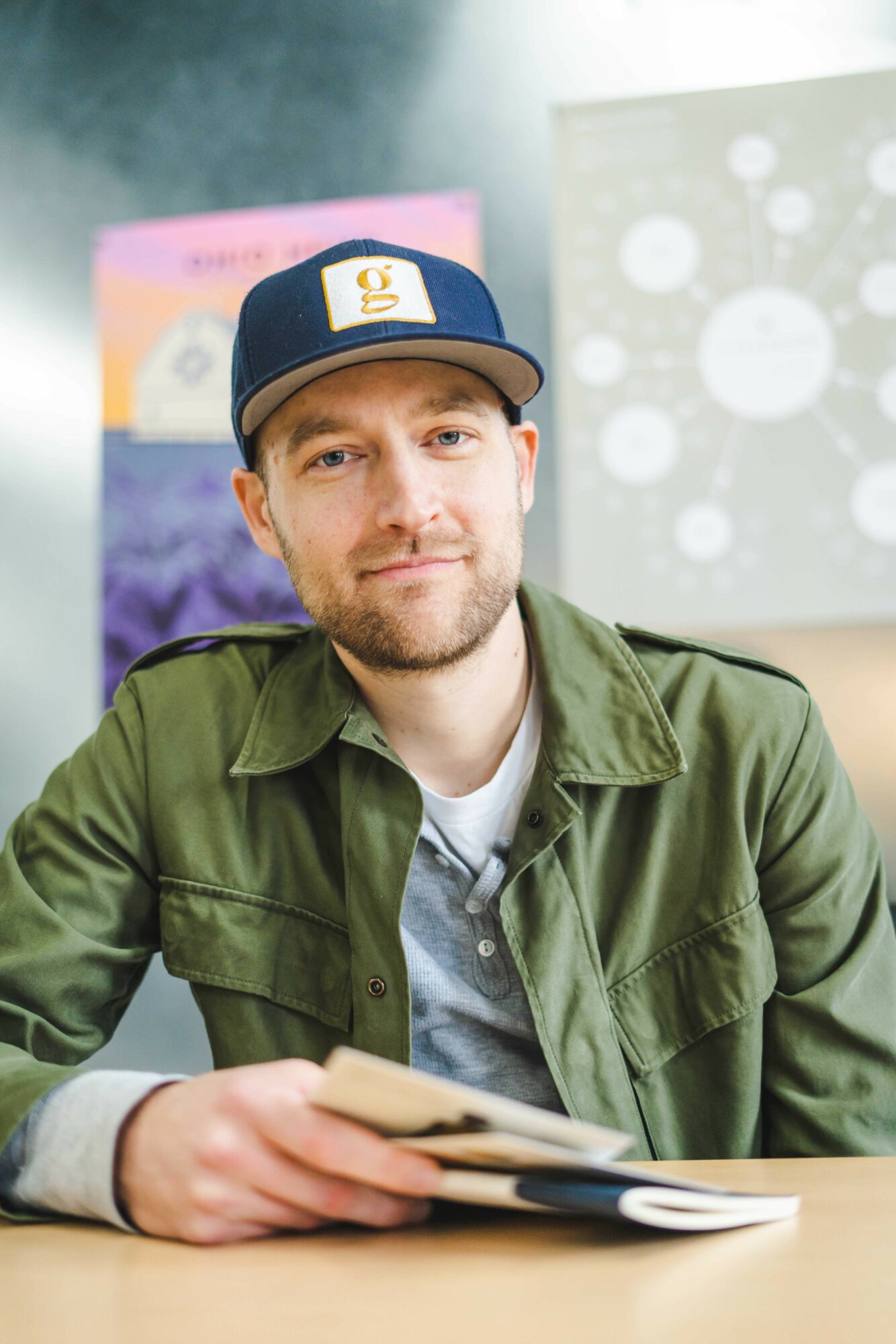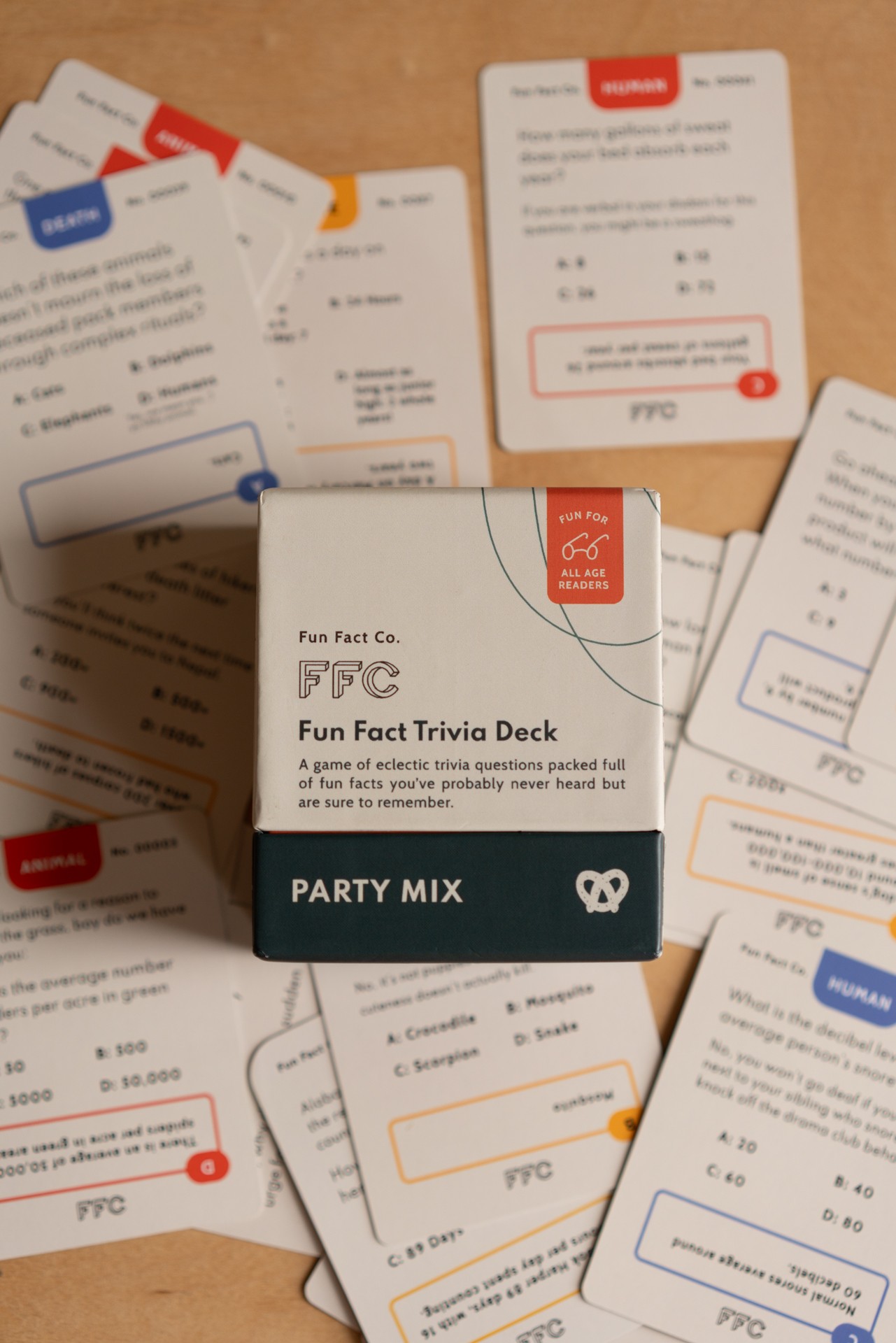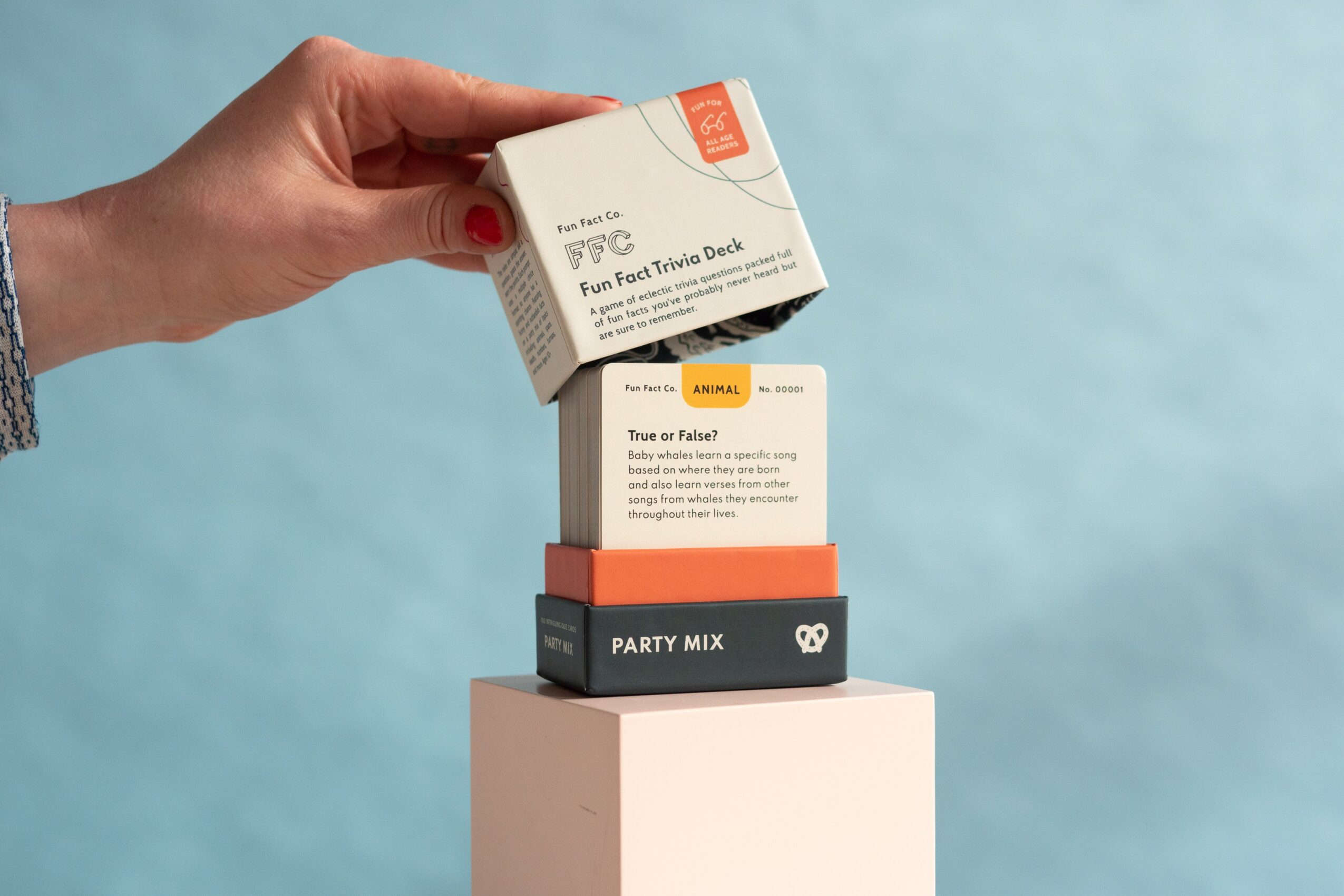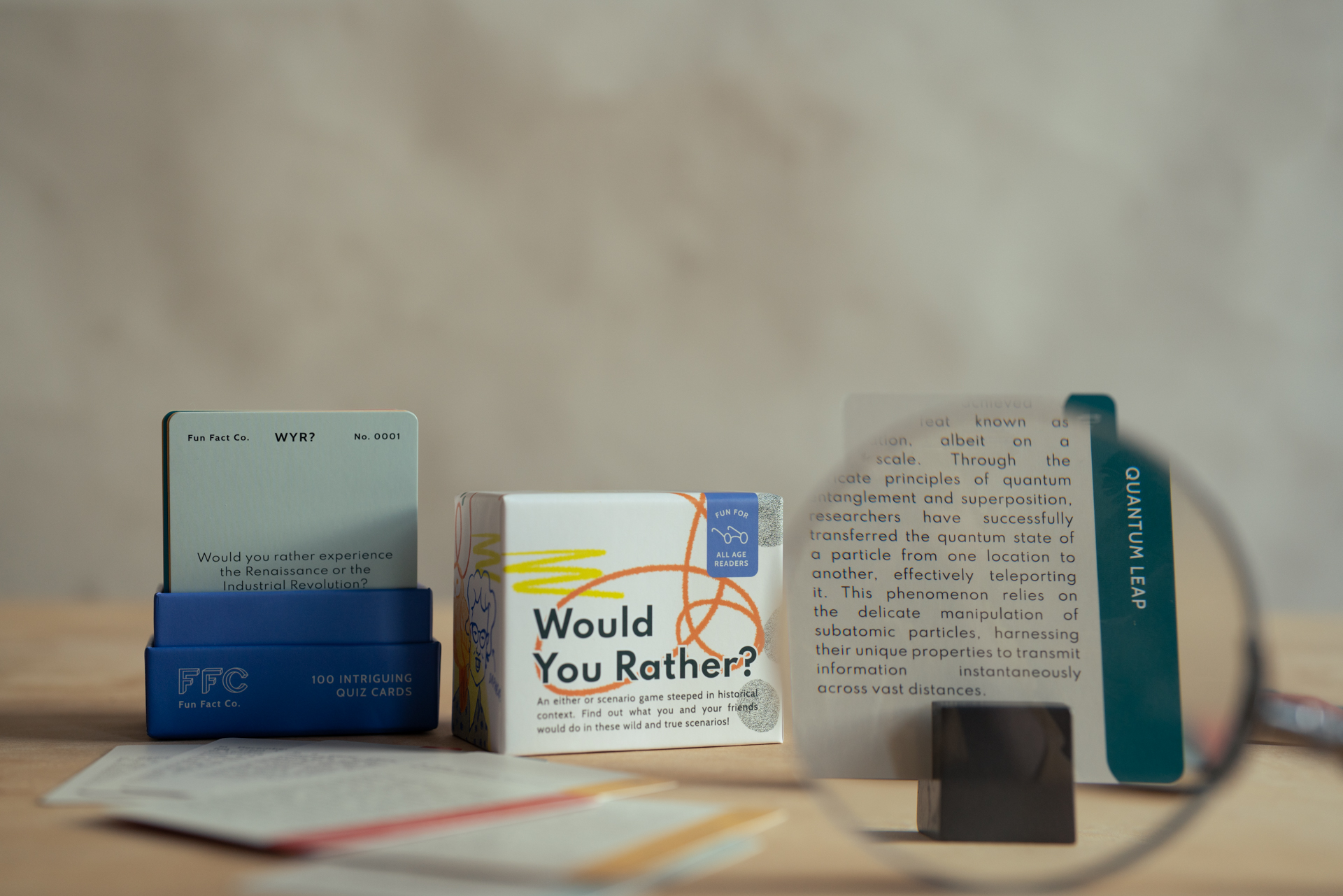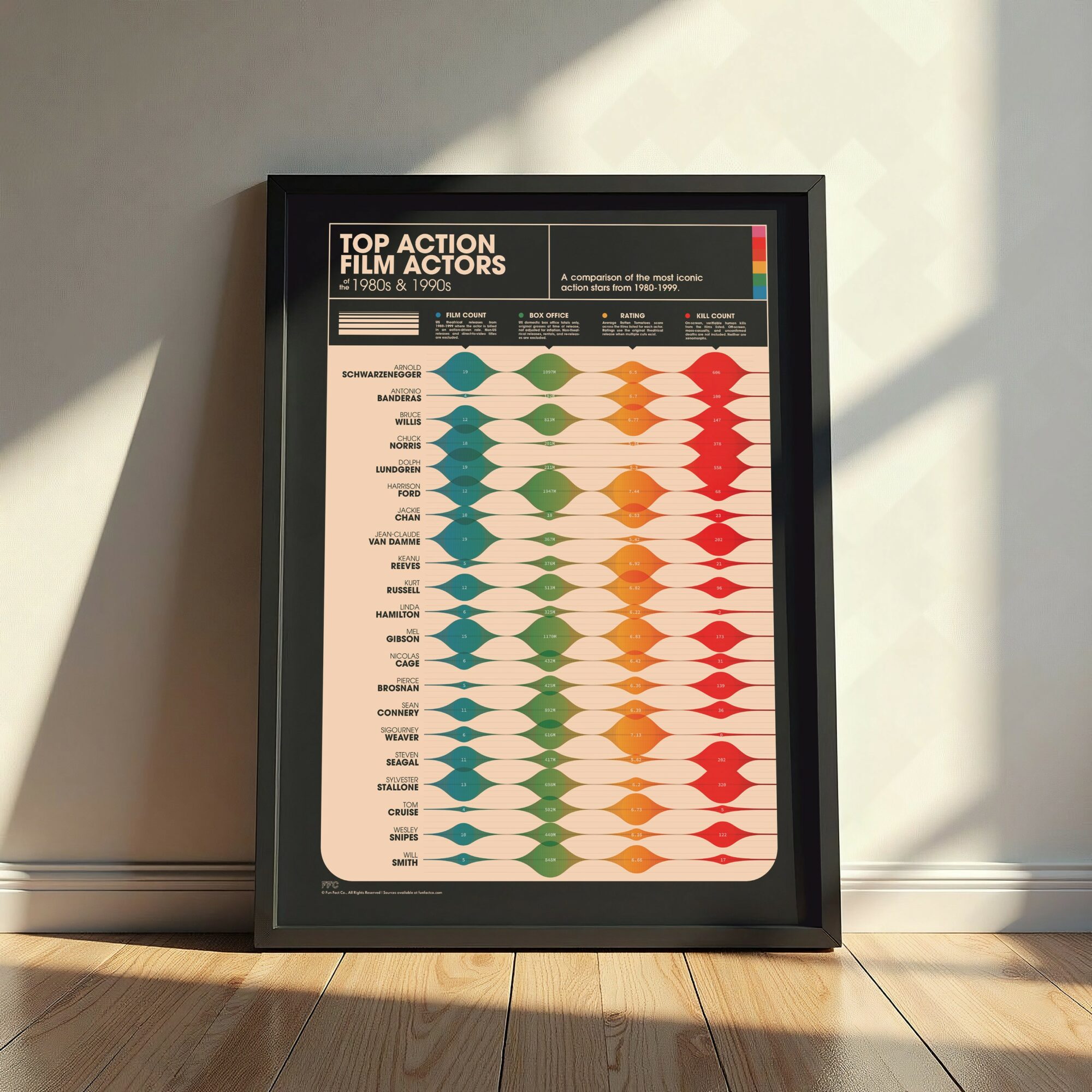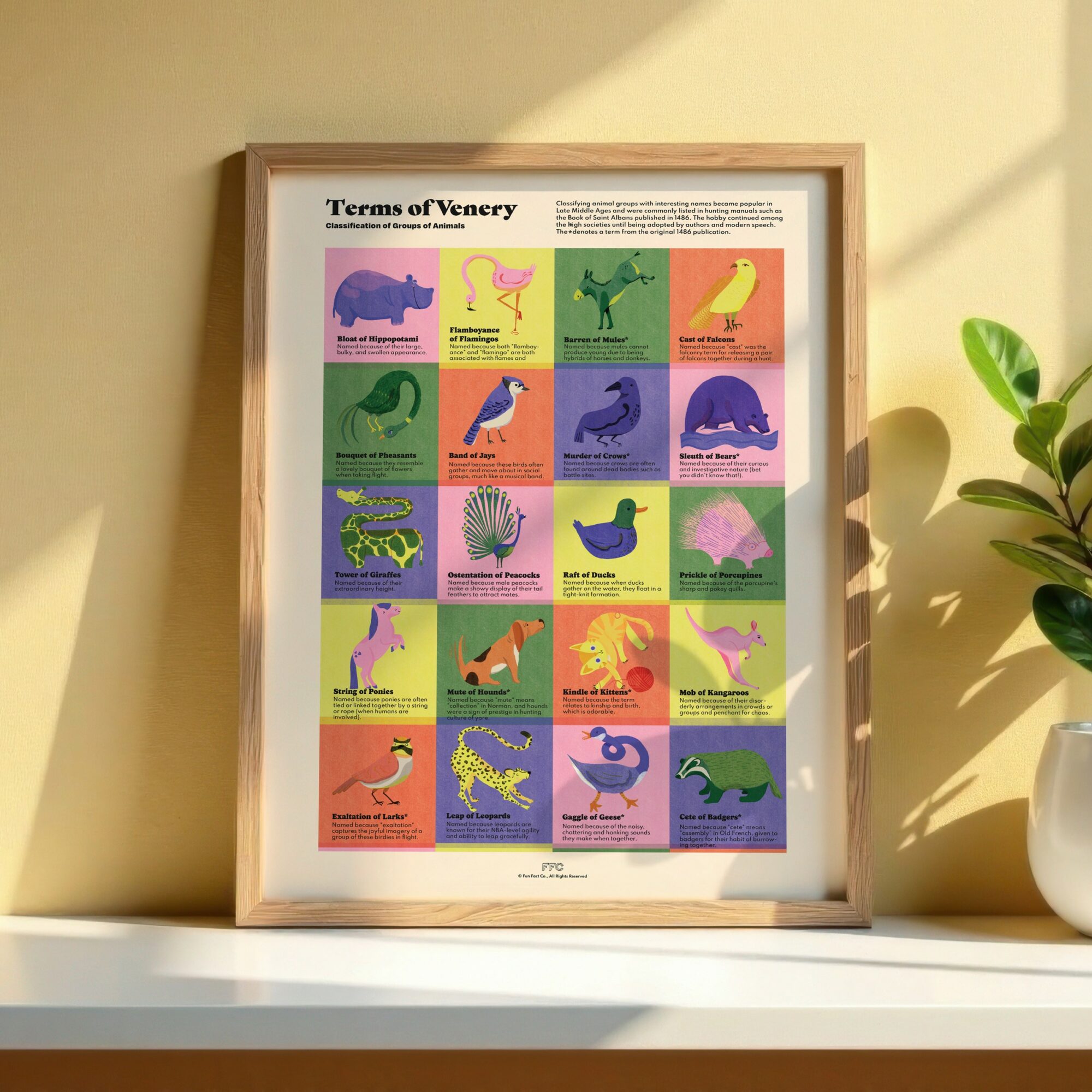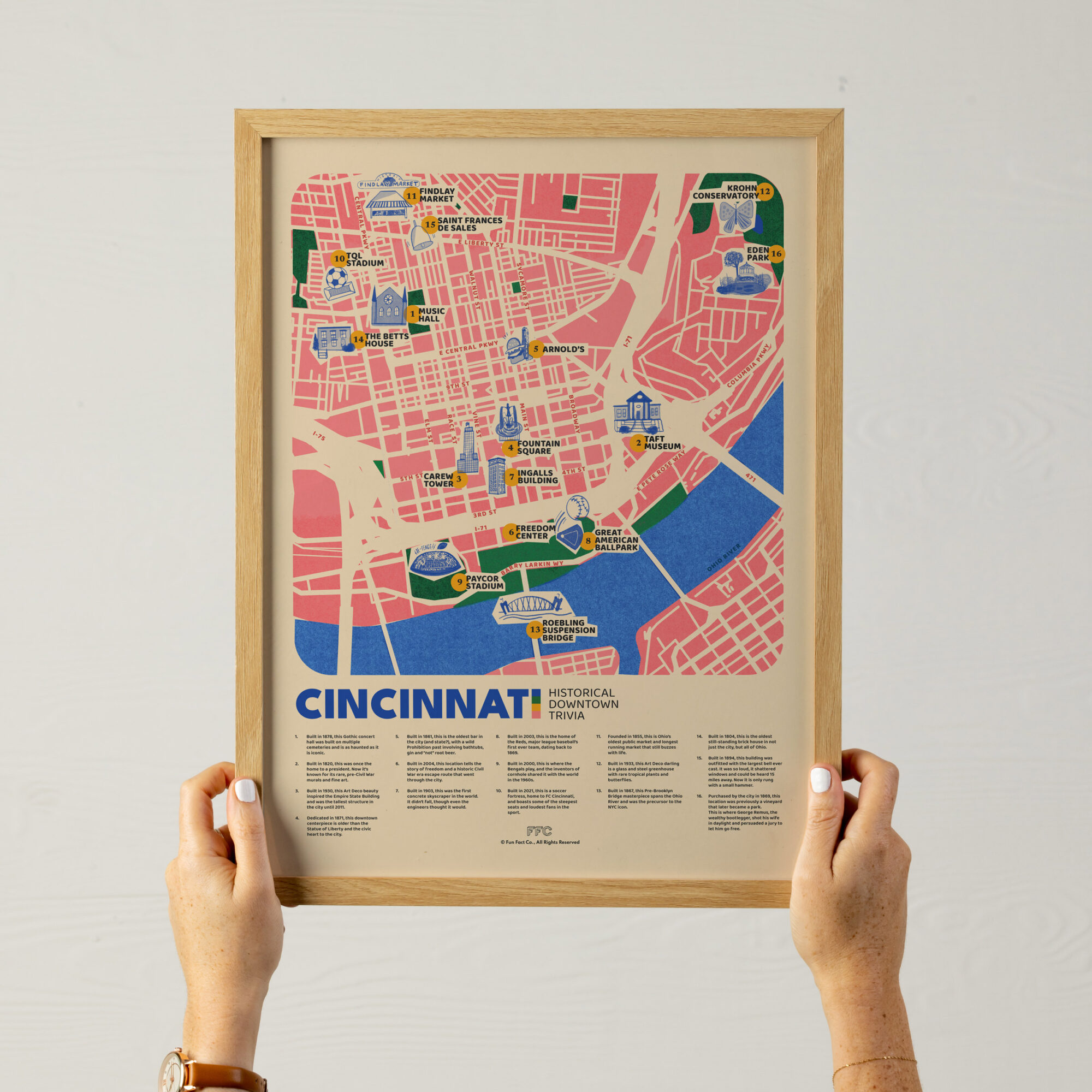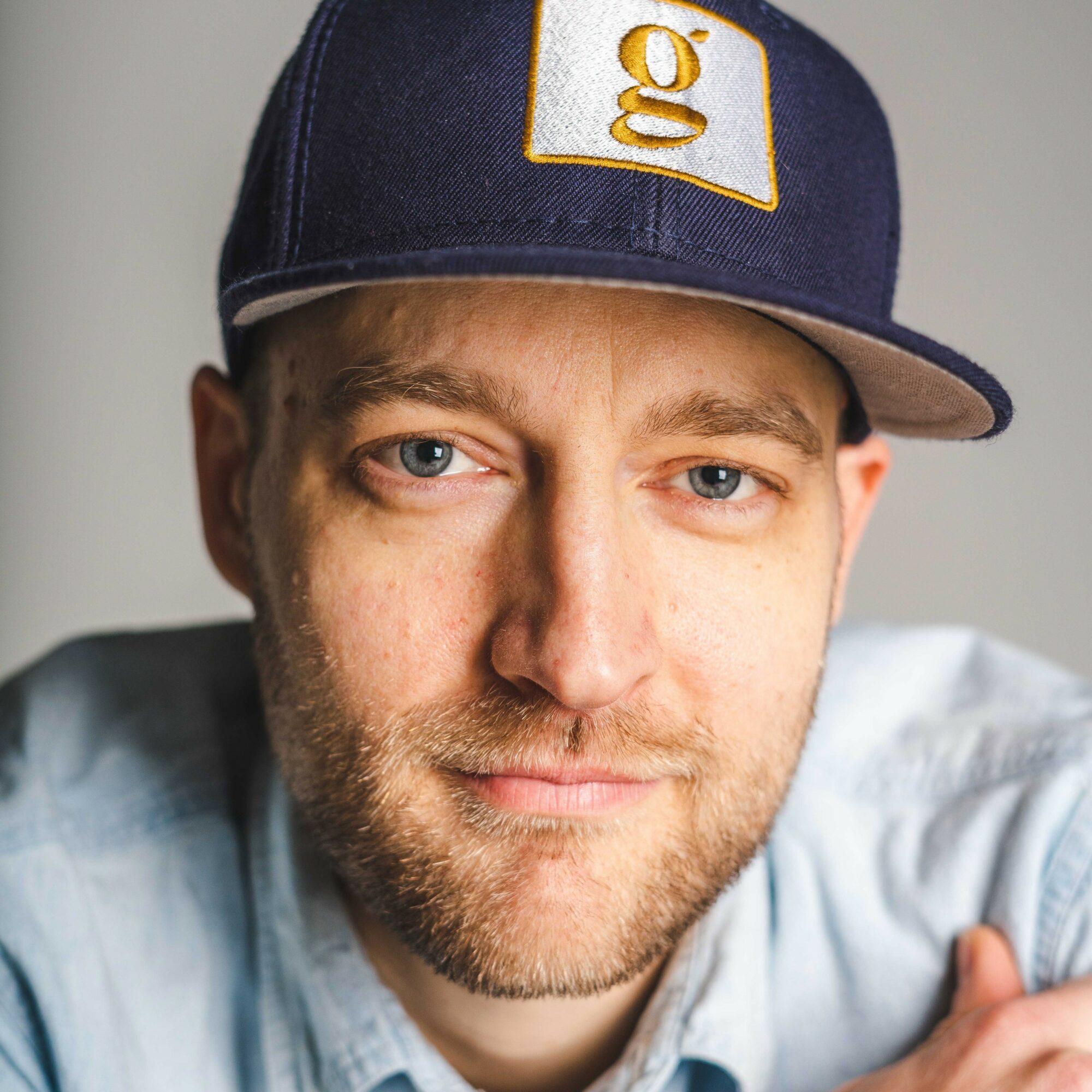

Today we’d like to introduce you to Christman Hersha.
Hi Christman, so excited to have you on the platform. So before we get into questions about your work-life, maybe you can bring our readers up to speed on your story and how you got to where you are today?
Here’s a clean draft you can drop right into Voyage.
I started with music. I studied audio production and business at Ohio University, then moved to Austin with my wife to chase the scene. I played, engineered in studios, ran live sound, and eventually did mastering. Streaming arrived, the bottom fell out of a lot of paying work, and I learned the first big lesson of my career: love the craft, but build a life that can support it.
We came home to Cincinnati. My wife started grad school at Miami University. I shifted into IT and computer education, which led to running systems and digital experience for a public library system. It wasn’t glamorous, but it taught me operations, reliability, and how to make technology serve real people. That foundation still shows up in everything I do.
The creative itch never really left, so I co-founded a sustainable clothing company with a friend. We made bespoke jeans with 100% USA-made materials, later added organic knits, and tested the concept on Kickstarter. It took off, ranking among the top fashion campaigns at the time. We sold mostly online, which is where I learned the nuts and bolts of e-commerce, digital marketing, and product development. After a few years, burnout tapped us both on the shoulder. We wound it down, stayed friends, and I took the lessons forward.
Next came Goldleaf, an educational design brand for the emerging legal cannabis space. In 2016 the industry was full of loud clichés and very light on digestible information. Loving research, I built minimalist, art-quality infographics and guided journals for patients, growers, budtenders, doctors, and co-ops that were learning tools and visual aids. It worked. I handled the web development and SEO myself, grew the site from zero to a domain authority in the 40s, brought in over 10,000 monthly unique visitors, and averaged around $20,000 a month in revenue. It was a one-person niche brand that punched above its weight. Buuut… I burned out on it. In 2022, I sold the company and took a breath.
After that I focused more on digital consulting (something I had been doing freelance for years) and joined Dot Dash, a Cincinnati agency, to lead SEO and growth programs. I manage strategy, technical work, and teams, and I spend a lot of time translating between creative, engineering, and the business. The theme across my career is the same mix: left brain and right brain, design and data, art and operations.
Most recently, I co-started Fun Fact Co., an educational design and games brand. We make screen-free games and posters that are simple, funny, and sneakily informative. We launched on Kickstarter to validate the idea and finished at 216% of our goal. My kids are our first play-testers, my wife is an educator, and the whole thing doubles as a way to teach them how a small business runs. The other half of Fun Fact Co. lives out of state, and we both know how to work well remotely, and how to run businesses. We keep it lean and sustainable by design.
Today I split my time between leading SEO and digital strategy by day and building Fun Fact Co. at night. The throughline is curiosity. I like taking complex topics, structuring them clearly, and making them usable and beautiful. Cincinnati has been the perfect backdrop for that. It’s big enough to build real things, small enough to know the people behind them, and grounded enough to keep you honest.
Can you talk to us a bit about the challenges and lessons you’ve learned along the way. Looking back would you say it’s been easy or smooth in retrospect?
Here’s a tight draft you can use for Voyage.
It hasn’t been smooth. The hardest part has been burnout. Building brands from scratch taught me how quickly passion can turn into a 70-hour habit if you don’t set guardrails. I learned to build systems, pace the work, and share the load. That’s a big reason Fun Fact Co. is designed to be lean and sustainable.
Goldleaf brought a different challenge. Early on there was real stigma around cannabis education. I pushed through by anchoring everything in science, design, and clarity. We made tools that doctors, patients, and co-ops could trust. Once people saw the work, the tone shifted from skepticism to respect.
The ground keeps moving under our feet. In digital, AI has replaced a lot of small, tactical projects that used to keep freelancers and agencies busy. The work that remains is higher leverage and more strategic, which I like, but it means constantly leveling up skills and tightening the value story. On the product side, tariffs have been a knot to untangle. Even when we use U.S. manufacturers for our games, many of their materials are imported, so we still take the hit. Making a family-friendly, affordable product while absorbing unpredictable costs takes creativity in sourcing, versioning, and inventory planning.
I’ve made the usual founder mistakes too. Hiring too late. Holding on to every decision. Saying yes to projects that did not fit. The fixes were simple, but not easy. Delegate earlier. Price with a margin of safety. Document everything. Protect deep work hours. Pick fewer, better bets.
The upside of struggle is focus. Burnout taught me to design for longevity. The stigma taught me to let the work speak with evidence and taste. The market shifts taught me to keep the toolkit sharp and the business model flexible. None of it was easy, but it made the current work stronger and a lot more human.
As you know, we’re big fans of Fun Fact Co.. For our readers who might not be as familiar what can you tell them about the brand?
Fun Fact Co. is a small, Cincinnati-based brand founded by two designers with education in our bones. I’m from Cincy. My co-founder, Rae, is in California and runs a giclée print studio, which means every poster is made in the USA with gallery-grade standards. We build screen-free games and art that make people smile first and learn without noticing.
We’re known for trivia card games and bold educational prints. The games are quick to pick up, written with a dry, slightly mischievous tone, and packed with facts that land with adults and kids. You’ll see them at home game nights and behind the bar. Nothing is labeled “for kids only.” Curiosity doesn’t come with a birth date.
Our mission is simple. Hook reluctant readers and the already-curious with writing that is witty, sassy, and always age appropriate. After years of buttoned-up work in medical, industrial, and finance worlds, I wanted a brand voice that sounded like a sharp teacher who actually makes you want to read the next line. That voice shows up everywhere, from our rulebooks to our product pages.
What sets us apart is the combination of research, design, and restraint. We put the work in on the facts, then cut until what remains is clean and punchy. The writing carries the joke and the insight. The design earns a spot on your wall. That’s why teachers, librarians, bartenders, and parents all use the same products for different reasons.
Brand wise, I’m most proud of the range we’ve built without losing focus. Our catalog has 50-plus poster designs and four trivia game formats, and it still feels cohesive. Topics jump from companion planting to the history of video game consoles, from a Studio Ghibli character roundup to a data-driven ranking of 80s action stars, to the curious facts around death. Each piece is researched, edited for clarity, and designed to stand up as art.
Quality and production matter to us. Posters are printed in Rae’s studio on archival papers. Game components are sturdy and meant to be handled, spilled on, and played again. We keep packaging minimal and recyclable. The goal is to make things you keep.
We started online, then added markets and vendor events on both coasts. Meeting people changed the way we design and write. You learn fast when someone laughs, raises an eyebrow, or brings a kid back to read a card out loud. That feedback loop keeps us sharp.
If you’re new to Fun Fact Co., here’s what to know. We make smart, screen-free games and posters that double as conversation starters. They’re built for homes, classrooms, and yes, bars. They’re researched and designed by two people who care a lot about getting the details right and the tone even better. And they’re made to be used, not just admired.
Are there any books, apps, podcasts or blogs that help you do your best?
I’ve worked fully remote for years, so I lean on a few simple tools to stay connected and do focused work. Slack for quick decisions and keeping teams in sync. Loom for fast walkthroughs and feedback when writing a long message would waste everyone’s time. Zoom and Google Meet for deeper conversations. Trello to keep projects moving without drowning in email. Nothing fancy, just the right tools used consistently.
For inputs, I like books that compress a ton of insight into readable stories. A Short History of Nearly Everything by Bill Bryson keeps my curiosity awake. 1491 by Charles Mann reminds me how much context we miss when we assume the past looked like the present. Guns, Germs, and Steel by Jared Diamond makes you think in systems. Sapiens by Yuval Noah Harari is a useful gut check on how stories and structures shape behavior. Those four keep me zooming out when the day tries to pull me into the weeds.
Day to day, I try to balance signal and noise. Fewer apps, fewer notifications, more deliberate blocks of time. Read widely, then close the tab and build something. That rhythm helps me ship work I’m proud of without burning out.
Contact Info:
- Website: https://funfactco.com
- Instagram: https://instagram.com/funfactcompanyu
- LinkedIn: https://www.linkedin.com/in/christmanhersha/
- Other: https://dotdash.io
